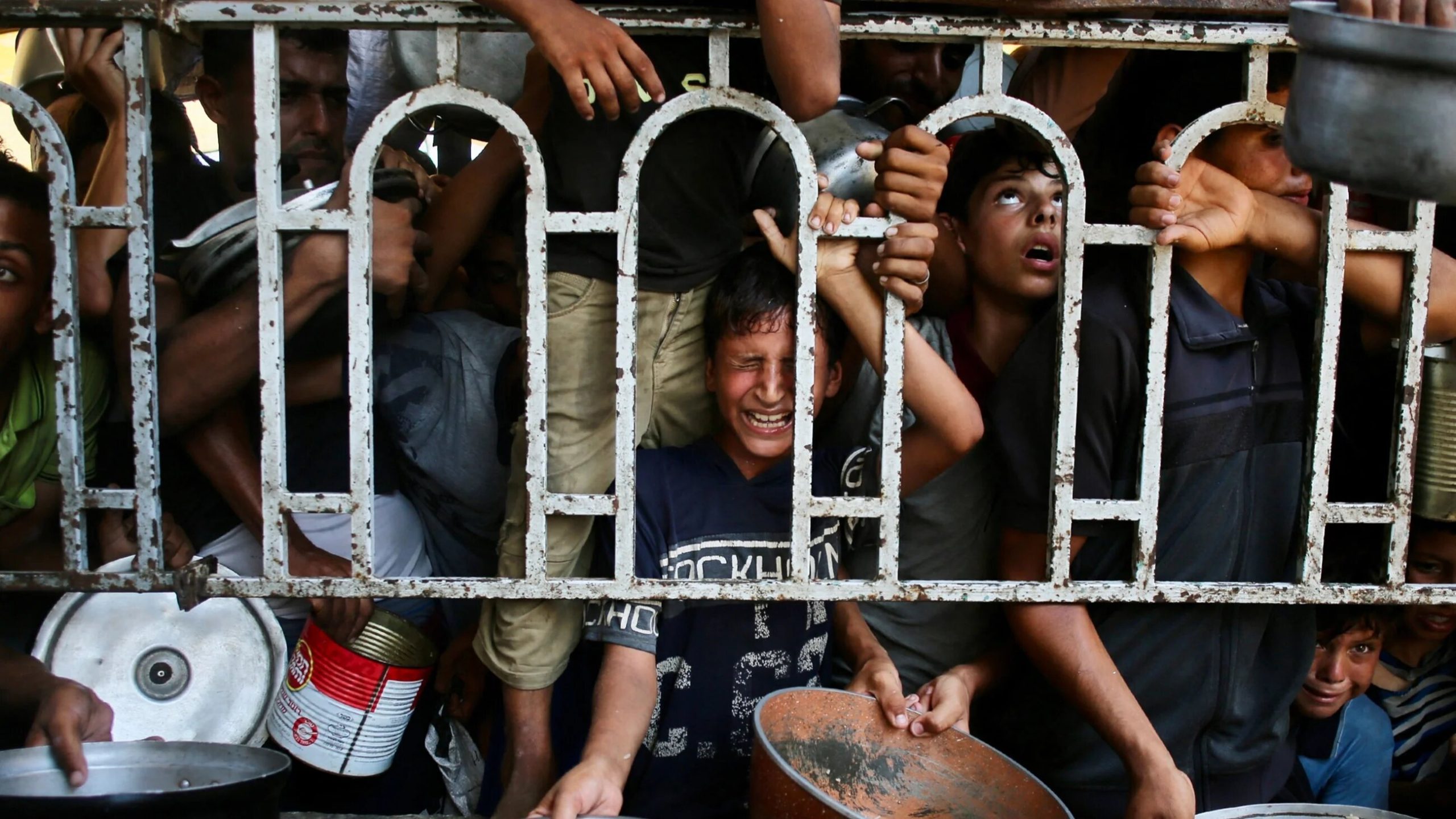A concerning social media campaign has emerged, spearheaded by official Israeli accounts and pro-Israeli users, aiming to dispute the widely reported starvation crisis unfolding in Gaza. This initiative directly contradicts numerous international reports and firsthand accounts documenting the severe hunger and malnutrition claiming lives within the besieged Palestinian territory, underscoring a stark divide in narrative.
The core of this campaign involves asserting that harrowing images of starving children are fabricated or misattributed, suggesting these children are suffering from pre-existing medical conditions like cystic fibrosis rather than a lack of food. Such claims are disseminated widely, attempting to reframe the humanitarian catastrophe through a lens of medical anomaly rather than deliberate deprivation.
However, a chorus of warnings from major international organizations, including the United Nations and the World Health Organization, alongside the Palestinian health ministry, paints a grim picture of impending famine. They highlight that over two million people in Gaza face severe food insecurity, with one in three having gone days without food and a tragic 80 percent of reported starvation deaths being children. These statistics unequivocally point to a crisis of immense scale.
The severity of the situation has even been acknowledged by key international figures, with US President Donald Trump explicitly stating that “real starvation” is occurring in Gaza. This high-level recognition further undermines the credibility of any campaign attempting to deny the desperate humanitarian reality on the ground, adding significant weight to the global outcry.
Specific cases, such as those of Mohammad al-Hasanat and Mohammed Zakaria al-Mutawaq, have been cited by the pro-Israeli campaign to suggest that pre-existing conditions were the cause of death, not starvation. Yet, medical professionals, including Dr. Yasin Fatine and organizations like Doctors Without Borders, counter these assertions, reporting a sharp increase in child malnutrition and stating that such photographs are consistent with hunger and malnutrition, not solely long-term disabilities. Healthcare workers in Gaza also report becoming too weak to care for the ill due to lack of nutrition.
Many critics on social media and international observers contend that Israel’s continuous blockade of aid and food into Gaza is the fundamental cause of these deaths and the widespread humanitarian crisis. This perspective directly challenges the campaign’s narrative, suggesting a willful detachment from the consequences of policies restricting essential supplies.
In response to the escalating crisis, a diverse array of international organizations, including prominent Jewish groups in the UK, have condemned the use of starvation as a weapon of war and issued urgent calls for a “massive and sustained flow of aid” into the besieged Palestinian enclave. Unicef further emphasizes how malnutrition severely weakens immune systems, making common illnesses far more deadly for vulnerable populations.
Ultimately, despite the persistent denials, the overwhelming evidence from international bodies, medical experts, and on-the-ground reports indicates a devastating famine in Gaza. The social media campaign denying this reality appears increasingly out of touch with the documented suffering and the global consensus regarding the dire humanitarian situation, sparking considerable backlash.






Leave a Reply